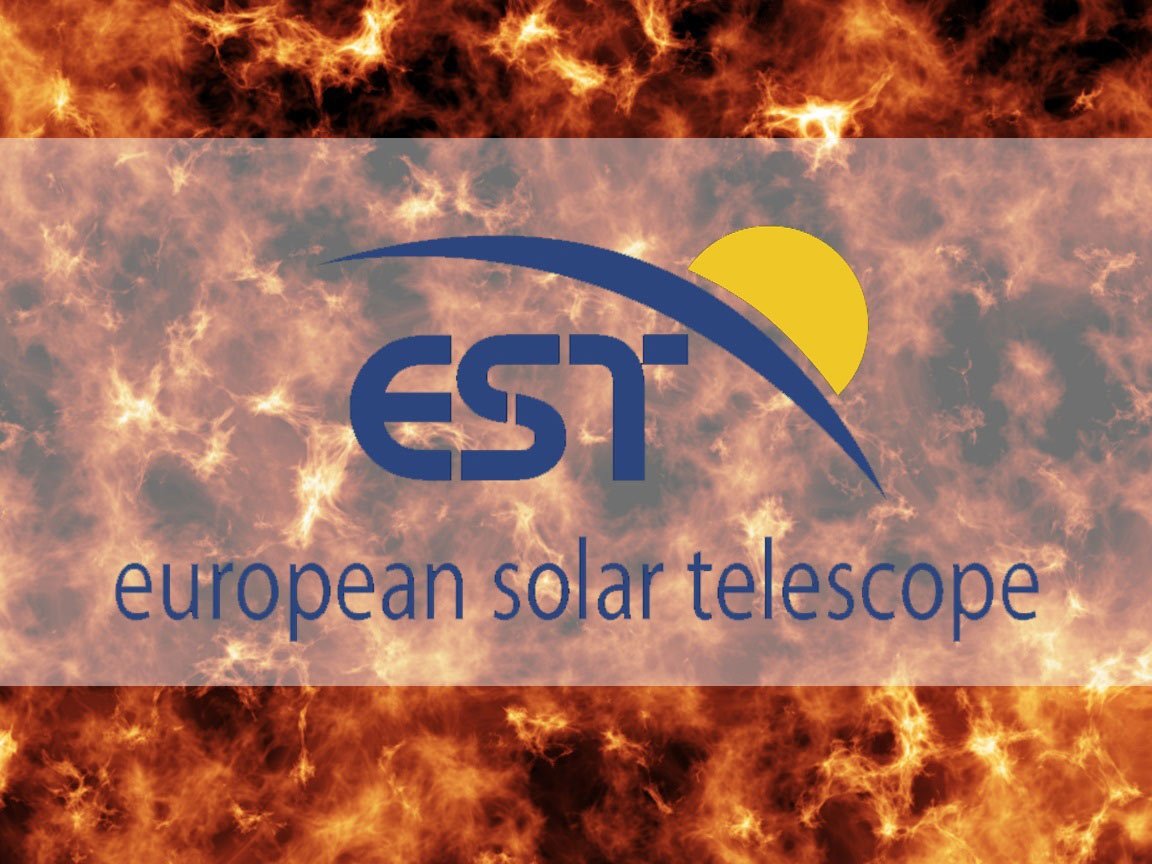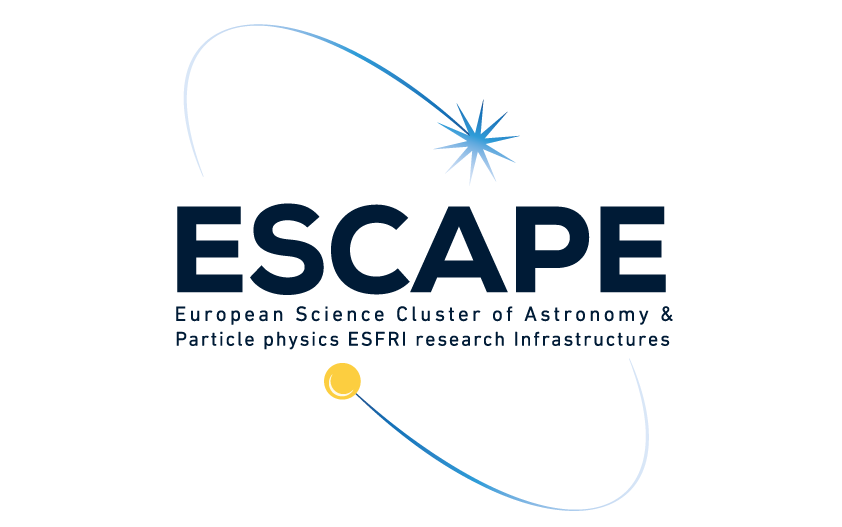

In our planet Earth, the sun gives us light, heat and energy, being our ultimate source of energy. Without the sun life on Earth would not exist. By studying the sun, we can therefore learn more about other stars, the Milky Way and about the universe. Our sun is very dynamic and it changes constantly. Solar magnetic activity can affect millions of people on short and long time scales, hence being crucial to predict disturbances of the space environment induced by the Sun. It is then fundamental to follow carefully Sun’s evolution.
Solar observation is the scientific endeavor of studying the Sun, its behavior and relation to the Earth and the remainder of the Solar System. A solar telescope is a special purpose telescope used to observe the Sun. Solar telescopes need optics large enough to achieve the best possible diffraction limit but less so for the associated light-collecting power of other astronomical telescopes.
The European Solar Telescope (EST), to be functional by 2027, in the Canary Islands, will be a next generation large-aperture solar telescope, optimised for studies of the magnetic coupling of the solar atmosphere. The EST will specialise in high spatial and temporal resolution, using several instruments simultaneously to efficiently produce 2D spectral information. With EST, researchers will be able to look at several different layers of Sun’s atmosphere all at once, in an unprecedented detail. The Solar physics community agrees that the EST will provide a significant increase in observing capability towards better understanding of the fundamental processes that control plasma physics in the Sun's outer atmosphere. However, this impressive result brings challenges related to the efficient curation, archiving and publication of existing and upcoming ground-based solar observations.
ESCAPE is providing to EST community with the perfect framework to pursue the FAIR principles for ground-based solar data as much as possible by offering tools and know-how.
ESCAPE will allow EST to expand well beyond the solar community to the Astrophysical community, through new prolific collaborations.
Changing the paradigm of ground-based solar data access in Europe
Without ESCAPE, the EST community would not have a suited framework to open up to the broad Astrophysical community, as well as a forum for discussions with such a vast expertise on various aspects of open access. Thanks to cross-border collaboration provided by ESCAPE, EST is gaining insights on the roadmap towards open access, representing a change of paradigm on ground-bases solar data access in Europe.
With ESCAPE team developing the ESCAPE ESRI Science Analysis Platform (ESAP) service, a platform-service gateway with the capability to access and combine data from multiple collections and stage for subsequent processing and analysis, EST has new ideas for the development of high-level data products and visualisation tools for 4D large-datasets of spectro-polarimetric data of high resolution from ground-based solar observations, fostering data discovery and interoperability within the Astrophysical community. Concerning ESCAPE team behind the ESCAPE Virtual Observatory (VO) service, EST is taking into account technical standards for seamless discovery and access to astronomy data worldwide, according to the Findable, Accessible, Interoperable and Reusable (FAIR) principles. Ground-based solar data can be curated in an automated manner and compliant with VO standards. The importance of these standards rely on the fact that, with them the creation of VO, one single virtual astronomy facility integrating distributed infrastructures, is possible.
Contributing to a strategic research infrastructure for Europe
By helping EST, one of the strategic research infrastructure included on the European Strategy Forum on Research Infrastructures (ESFRI) Roadmap in 2016, ESCAPE is supporting the pioneering endeavours in ground-based solar physics. Large volumes of EST data will be handled thanks to the implementation of practices related to the findability and accessibility of high resolution ground-based datasets, namely metadata recommendations and interoperable frameworks and visualisation. The ESCAPE data stewardship policy and training towards the ESFRI projects part of ESCAPE will also open more opportunities for a creation of cross-border approach for all researchers concerned by the FAIR, and EST ESFRI facilities also associated in the project.
Views
41,062

